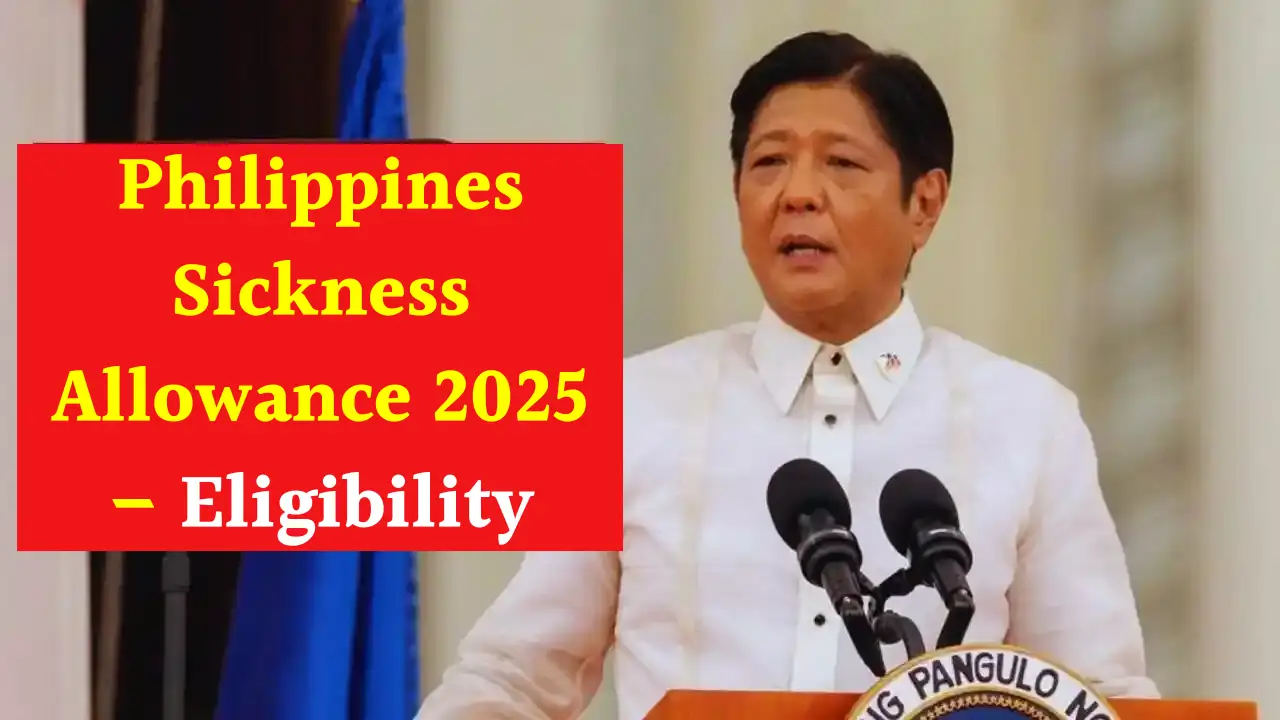Minimum Wage Increase in South Africa 2025: The national minimum wage in South Africa has been increased to R28.79 per hour effective from 1 March 2025. This marks a 4.4% rise from the previous rate of R27.58, reflecting the government’s ongoing commitment to improving workers’ livelihoods and addressing income inequality.
The increase applies across most sectors, including farm and domestic workers, with some exceptions like the Expanded Public Works Programme participants who have a minimum of R15.83 per hour.
This article provides a detailed overview of the 2025 minimum wage increase, its implications, sector-specific adjustments, and what it means for employers and employees alike.
Understanding the 2025 Minimum Wage Increase
The Department of Employment and Labour of South Africa announced this wage adjustment as part of its annual review, aligning with the recommendations of the National Minimum Wage Commission. This increase is mainly influenced by inflation and the cost of living, with the Consumer Price Index (CPI) hovering around 2.9% in late 2024, supplemented by a 1.5% buffer to safeguard workers’ real wages.
The minimum wage of R28.79 per hour is the legally enforceable baseline for wages employees should receive for ordinary hours worked. It excludes overtime, bonuses, and other allowances such as transport or food. Employers must comply strictly, as failure to pay at least this amount constitutes an unfair labour practice with potential legal consequences.
Minimum Wage Rates Effective from 1 March 2025
| Category | Hourly Minimum Wage (ZAR) | Notes |
|---|---|---|
| General workers | R28.79 | Applies across most sectors |
| Farm workers | R28.79 | On par with general workers |
| Domestic workers | R28.79 | Same rate as the national minimum wage |
| Expanded Public Works Programme (EPWP) workers | R15.83 | Lower rate due to programme specifics |
| Learnership programme participants | Varies | Governed by specific allowances in law |
This table summarizes the baseline minimum wages categorized by worker types, including exceptions where lower rates apply due to special programmes like the EPWP.
Rationale Behind the Increase
The minimum wage increment of approximately 4.4% aims to:
- Protect workers’ purchasing power amid inflation.
- Improve living standards for low-income earners.
- Ensure fair remuneration for vulnerable groups, including farm and domestic workers, who often face wage disparities.
- Encourage economic participation by raising disposable income for the lower-income population.
The National Minimum Wage Commission considers factors like inflation (CPI), GDP growth, business sustainability, and employment effects when recommending adjustments. The commission also engages stakeholders from labour, business, and community sectors before finalizing the increase.
Impact on Employers and Businesses
While the wage increase benefits workers, it presents some challenges for employers, especially small and medium-sized enterprises (SMEs) already strained by economic conditions. Businesses might need to:
- Reassess payroll budgets and operational costs.
- Balance wage increases without reducing workforce size.
- Possibly adjust pricing to accommodate higher labour expenses.
Certain sectors may have specific wage determinations or bargaining council agreements governing wages above or different from the national minimum wage. For example, the wholesale and retail sector stipulates a metropolitan minimum wage of R31.69 per hour, while some rural areas retain R28.79 per hour as the minimum.
Legal Implications and Compliance
It is mandatory for employers to pay at least the national minimum wage. Non-compliance could lead to:
- Legal action via the Commission for Conciliation, Mediation, and Arbitration (CCMA).
- Payment orders to cover arrears or back pay.
- Possible fines or penalties.
Employers should not reduce other employment benefits or unilaterally change working hours to offset wage increases, as this constitutes unfair labour practice. The Department of Employment and Labour enforces compliance through inspections and investigations.
Economic and Social Context
South Africa’s economy faces ongoing challenges such as high unemployment and inflationary pressures. The agricultural sector, employing close to a million people, welcomed this increase despite current GDP contraction, seeing it as vital for rural job sustainability. The wage rise is part of broader efforts to reduce poverty and stimulate economic growth by enabling workers to meet rising living costs.
Table: Summary of Minimum Wage Changes (2024 to 2025)
| Description | 2024 Rate (ZAR/hour) | 2025 Rate (ZAR/hour) | Percentage Increase |
|---|---|---|---|
| National Minimum Wage | 27.58 | 28.79 | 4.4% |
| Farm and Domestic Workers | 27.58 | 28.79 | 4.4% |
| EPWP Workers | 15.16 | 15.83 | 4.4% |
This data shows uniform increment percentages across most categories with the EPWP being the notable exception where a lower baseline continues applying.
Frequently Asked Questions (FAQs)
Q1: What is the new national minimum wage in South Africa for 2025?
A1: The new national minimum wage is R28.79 per hour, effective from 1 March 2025.
Q2: Does the minimum wage increase apply to farm and domestic workers?
A2: Yes, farm and domestic workers also receive the new minimum wage of R28.79 per hour.
Q3: Are there any exceptions to the minimum wage increase?
A3: Yes, workers employed under the Expanded Public Works Programme have a lower minimum wage of R15.83 per hour.
Q4: What are the consequences for employers not paying the new minimum wage?
A4: Employers face legal penalties, including possible fines and orders for back pay, enforced by labour authorities and the CCMA.
Q5: How does the increase impact small businesses?
A5: While beneficial to workers, the increase may challenge small businesses to balance higher labour costs with profitability, requiring budget adjustments.
Conclusion
The Minimum Wage Increase in South Africa 2025 reflects a critical government measure to uplift worker earnings while balancing economic realities. With the new minimum wage rate set at R28.79 per hour effective 1 March 2025, most South African workers will benefit from improved pay.
Employers must adapt to these changes promptly to ensure compliance and support sustainable employment practices. This adjustment not only aims to enhance the quality of life for vulnerable workers but also supports fairness and equity in the labour market.
















